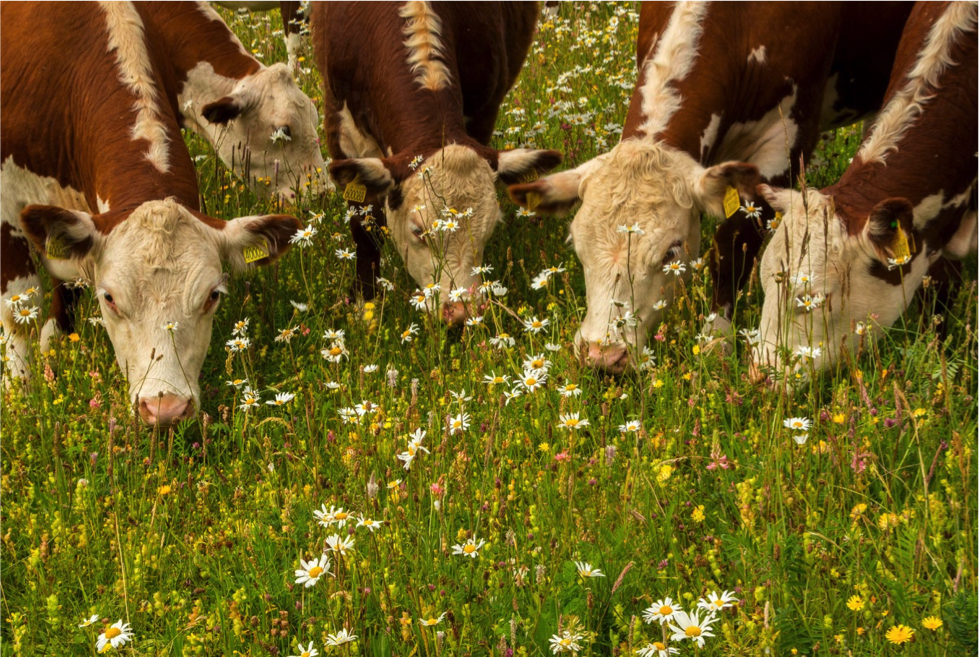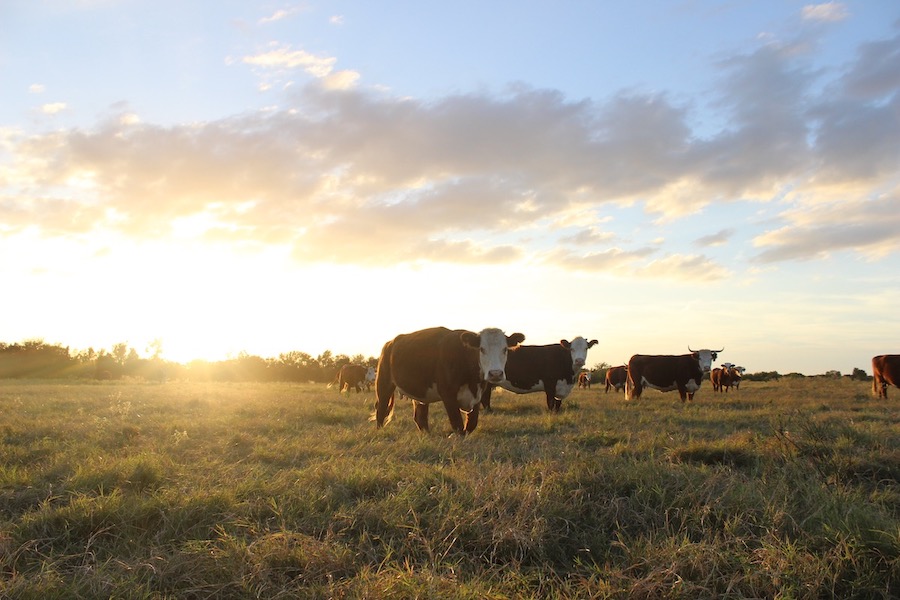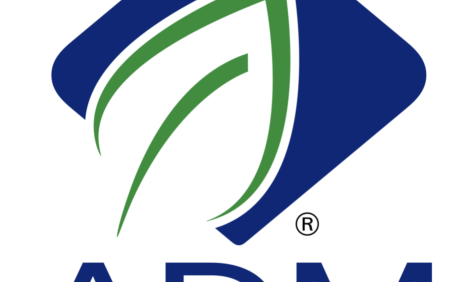



OIE recognizes Canada as having negligible risk for BSE
Minister Bibeau has welcomed the announcement that Canada is at negligible risk for BSE, saying that Canada has a strong and safe beef production system.The Honourable Marie-Claude Bibeau, Minister of Agriculture and Agri-Food, has announced that Canada has been officially recognized by the World Organisation for Animal Health (OIE) World Assembly of Delegates as a country with negligible risk for bovine spongiform encephalopathy (BSE). By obtaining this recognition, Canada has achieved the most preferred status under the OIE's three tiered categorization system for evaluating BSE risk.

Minister Bibeau marked the occasion on 27 May by speaking directly with past and current presidents of the Canadian Cattlemen Association, Stan Eby and Bob Lowe, who have been working with the Government of Canada since BSE was first detected in 2003, to achieve this most preferred status. Minister Bibeau will also be participating in calls with producers from across the country to emphasize that Canada has a strong, safe, respected beef production and processing system and a robust animal disease control system, which contribute to the national economy.
"Obtaining the 'negligible risk' status from the OIE confirms that Canada's beef production system is sound, safe and respected. This will allow our beef and other cattle producers to expand their export markets and to develop their businesses," Minister Bibeau said.
By achieving and maintaining negligible risk status for BSE, Canada enhances its negotiation position in efforts to gain access to additional export markets for Canadian cattle, beef and beef products among countries that require products to originate from countries with negligible BSE risk status. A large number of Canada's major export markets have already approved all Canadian beef based on Canada's previous controlled risk status.
The Government of Canada will continue its work with the Canadian industry to prioritize outreach to trading partners requiring negligible BSE risk status among other requirements. Canada will inform those trading partners of Canada's BSE negligible risk status and will undertake immediate work to support expanded global market access for Canada's high-quality cattle, beef and beef products.

Minister of Small Business, Mary Ng, said, "this is a great day for beef producers across the country, many of whom remember the devastation caused by BSE when it first emerged in Canada over 15 years ago. With this recognition, Canada is positioned to negotiate greater access to international export markets for our top-quality beef products. I applaud everyone from industry and within the Government of Canada for the role they played in making this happen. We will always stand up for Canadian beef exporters and the workers whose jobs they support."
The CFIA worked closely with provinces and the beef industry to put forward a strong application to the OIE. These efforts demonstrate the importance of collaboration in achieving the best possible outcome for Canada. The CFIA will continue to work with the cattle and beef sectors, provinces and territories to maintain the negligible risk status through continued efforts in preventing and controlling the spread of domestic and foreign animal diseases.
Background
- In 2020, Canada traded 425,109 metric tons of beef to 53 countries, valued at $3.3 billion.
- BSE is a progressive, fatal disease of the central nervous system of cattle.
- The OIE is the science-based standard-setting organization at the international level for animal and veterinary public health. It also serves as the scientific reference body for international trade of animals and animal derived products under the Sanitary and Phyto-sanitary (SPS) Agreement of the World Trade Organization.
- BSE was first discovered in Canada in a domestic animal in May 2003. The last case of BSE in Canada was February 2015 in a cow born in March 2009.
- Since May 2007, Canada had successfully maintained its OIE controlled risk status for BSE. In July 2020, Canada submitted a dossier seeking recognition as a country presenting a negligible BSE risk status.
- The maintenance of the status granted by the OIE is dependent on the continued observance of OIE standards. Failure to comply provides ground for the OIE to revoke the given status.
- In March 2017, the OIE evaluated Canada's veterinary services and recognized Canada as a top-performing country for its veterinary services and a leading example in meeting international standards.


